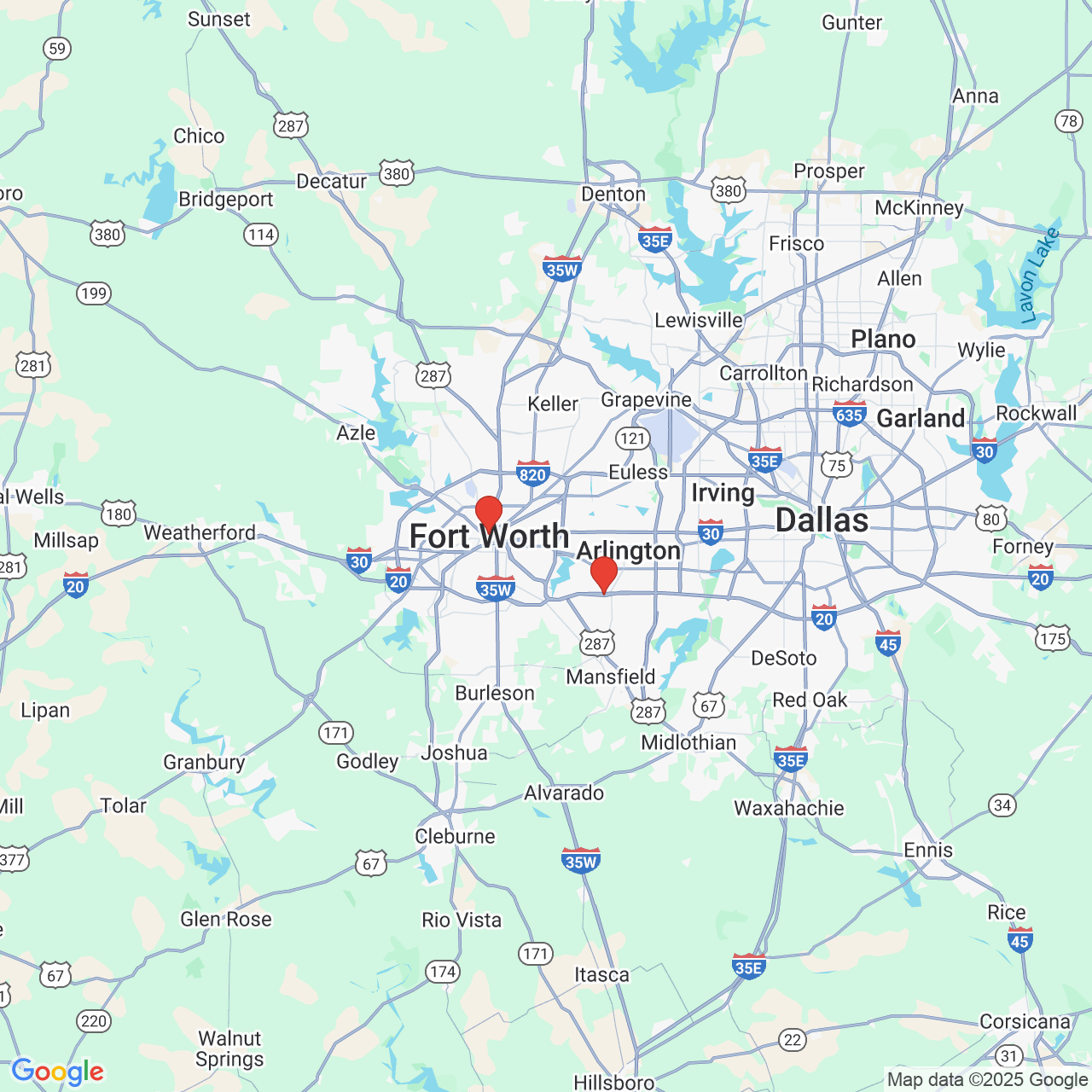No Police at Your Car Crash? Here’s How to Protect Your Claim
What Happens When a Police Officer Refuses to Respond to My Car Crash?
It’s more common than many drivers realize for police officers to decline to respond to the scene of a minor car accident, especially when no one appears seriously injured and traffic isn’t blocked. However, the attorneys at Rocky Walton Injury Lawyers — led by Board-Certified Personal Injury Trial Law experts Rocky Walton and Greg Jackson — strongly recommend that you always call 911 after any collision, even if the police indicate they won’t come to the scene.
Why You Should Always Call 911 After a Car Accident
Calling 911 ensures that your crash is officially documented, which can be crucial later when filing insurance claims or pursuing a personal injury case. When you make that call, you create a recorded trail that can be obtained through an open records request. You can usually access both the 911 audio recording and the dispatch reports, which may include valuable witness information from bystanders who called to report the crash.
When speaking to the operator, be clear and detailed. Provide your full name, location, vehicle information, and a brief description of what happened. For example: “My name is John Smith. I’m driving southbound on Cooper Street in Arlington, Texas, in a 2025 Toyota Camry when another driver in a black truck rear-ended me.” This clarity helps ensure the record accurately reflects your version of events.
What To Do If Police Won’t Come to the Scene
If law enforcement refuses to respond, it’s important to protect yourself by carefully documenting everything. Take clear photos of both vehicles, the license plates, the surrounding area, any visible damage, skid marks, and any injuries you or others may have. Exchange information with the other driver, including their name, phone number, driver’s license, and insurance details. It’s also smart to take photos of the other driver, their license, and their insurance card to avoid mistakes later.
Most police departments in Texas allow you to file a report online or in person within a few days of the crash. Doing so creates an official record of the incident, which will help support your insurance claim. Once you’ve documented the scene and reported the crash, notify your insurance company right away. Let them know the police didn’t respond and provide all your documentation. Even without a police report, a well-documented case with photos, witness statements, and detailed notes can still result in a successful personal injury claim.
Why You Should File With Your Own Auto Insurance
Even if you weren’t at fault, it’s wise to file a claim with your own insurance company in addition to the at-fault driver’s insurer. Your insurance company has a contractual obligation to assist you quickly, while the at-fault driver’s insurer does not. The other insurer will likely delay payment while they investigate, contact their insured, and review crash reports — all of which can take weeks.
By filing with your own insurance, you can often get your vehicle repaired or replaced faster and receive rental car coverage and other benefits sooner. This is especially important if you have comprehensive, collision, rental car, or uninsured/underinsured motorist (UM/UIM) coverage, as well as Personal Injury Protection (PIP). Many people worry that filing a claim will cause their premiums to rise, but this is a common misconception. Your rates should not increase for a crash that wasn’t your fault. Premiums typically rise due to multiple at-fault claims, inflation, or large-scale natural disaster losses — not because you used the coverage you pay for.
Always Carry UM/UIM and PIP Coverage
If the other driver doesn’t have enough insurance, or has none at all, these coverages protect you and your passengers. Uninsured/Underinsured Motorist (UM/UIM) coverage and Personal Injury Protection (PIP) are often surprisingly affordable — about the cost of a low-priced streaming subscription — and can make a huge difference after an accident.
We recommend carrying enough PIP coverage to at least meet your health insurance deductible. For example, if your deductible is $3,000, consider carrying $5,000 in PIP coverage. This can help you avoid paying out of pocket for medical care after an accident, even if the other driver doesn’t have proper coverage.
In Texas: Choose PIP Over Medical Payments Coverage
When choosing between Personal Injury Protection (PIP) and Medical Payments (MedPay) coverage, PIP is almost always the better option. PIP covers both medical bills and up to 80% of lost wages, regardless of who was at fault. MedPay, on the other hand, only covers out-of-pocket medical expenses, and if the at-fault driver’s insurance later pays you, your insurer may require you to reimburse what was paid under MedPay. Because of this, PIP offers broader and more reliable protection for Texas drivers.
Why Choose Rocky Walton Injury Lawyers
 At Rocky Walton Injury Lawyers, our mission is to protect Texas drivers and ensure they receive the justice and compensation they deserve after a crash. Led by Rocky Walton and Greg Jackson, both Board-Certified in Personal Injury Trial Law, our firm has over 80 years of combined legal experience and more than 115 five-star Google reviews from happy clients. Our proven track record has made us one of the most trusted personal injury firms in Arlington and throughout Texas. More than 150 attorneys across the United States refer their personal injury cases to us because they know we deliver results.
At Rocky Walton Injury Lawyers, our mission is to protect Texas drivers and ensure they receive the justice and compensation they deserve after a crash. Led by Rocky Walton and Greg Jackson, both Board-Certified in Personal Injury Trial Law, our firm has over 80 years of combined legal experience and more than 115 five-star Google reviews from happy clients. Our proven track record has made us one of the most trusted personal injury firms in Arlington and throughout Texas. More than 150 attorneys across the United States refer their personal injury cases to us because they know we deliver results.
Free Consultation
If you or a loved one has been injured in a motor vehicle crash, contact Rocky Walton Injury Lawyers today for a free consultation. Our Arlington-based legal team will review your case, answer your questions, and guide you toward the recovery and compensation you deserve.
Call us today or schedule your free consultation online — no obligation, just honest legal advice from experienced Texas injury lawyers who care about helping you move forward.


